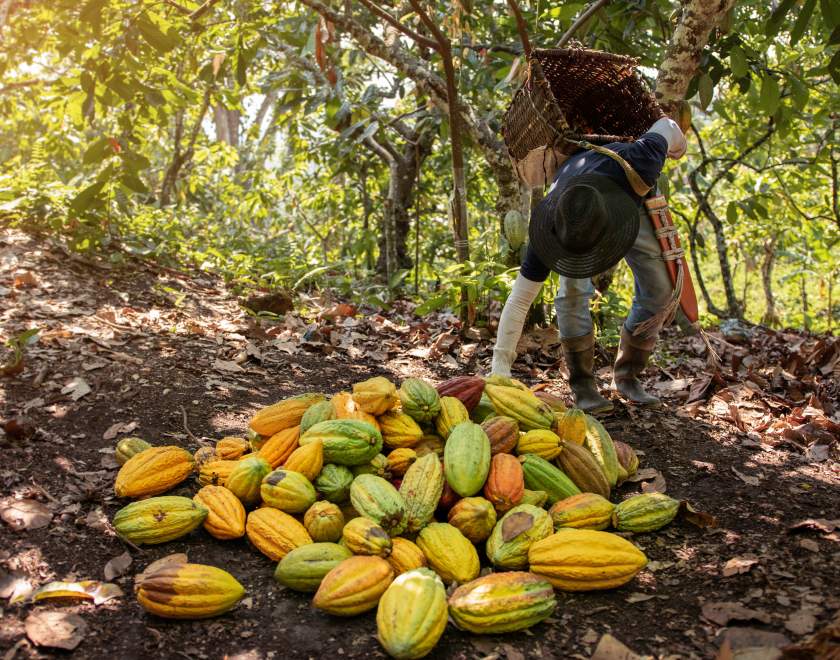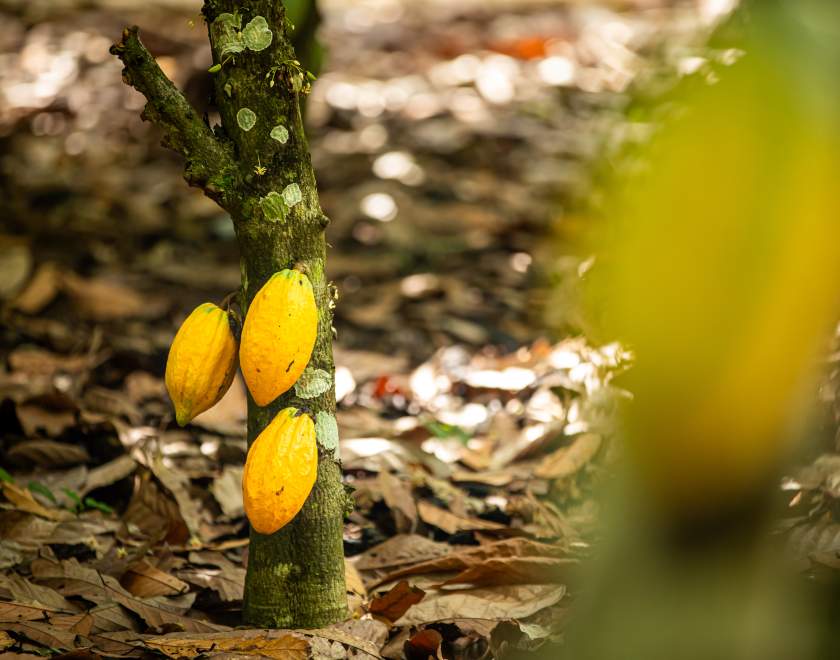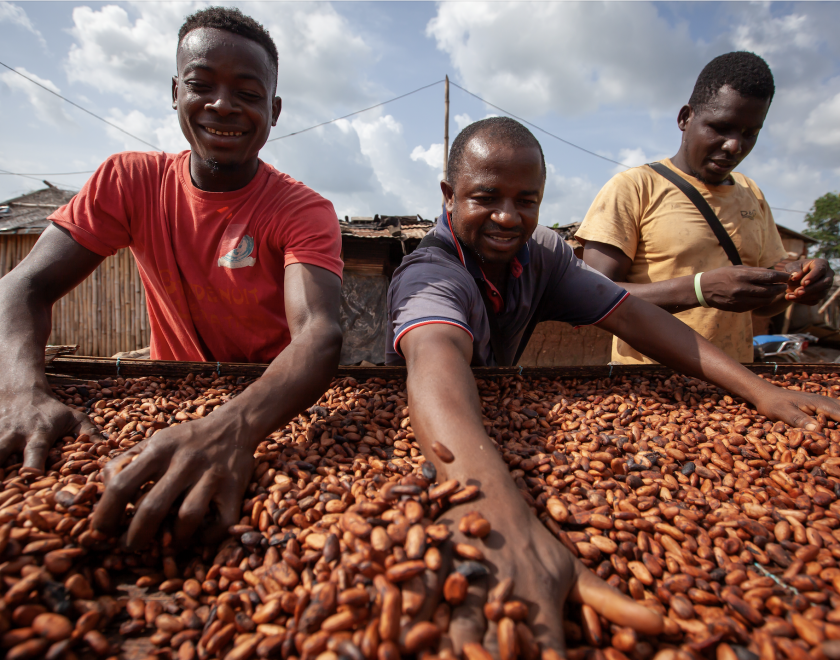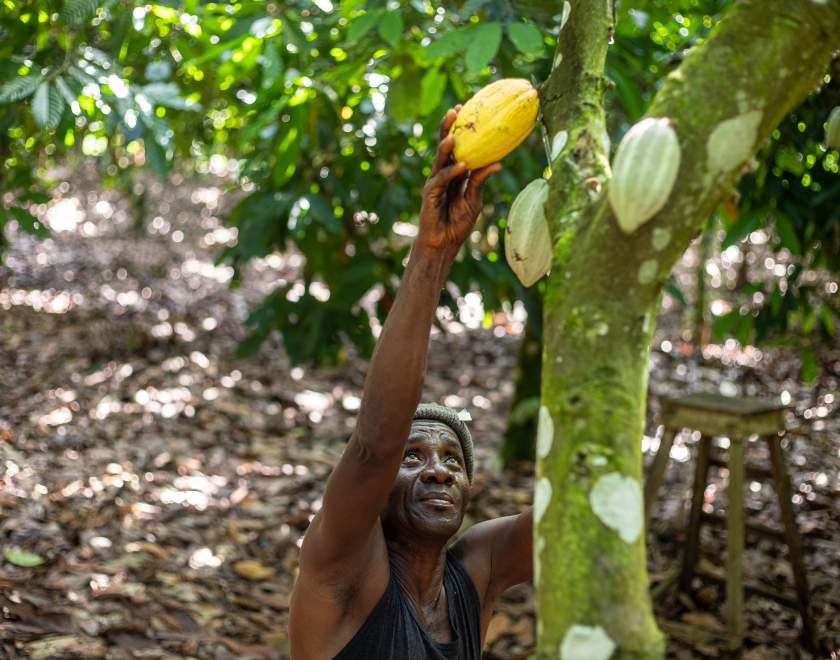A shared evidence base for farmer income
The Cocoa Household Income Study Methodology (CHIS) creates a shared, credible evidence base to support better decision-making, investment and accountability across the cocoa sector.
The Cocoa Household Income Study Methodology (CHIS) creates a shared, credible evidence base to support better decision-making, investment and accountability across the cocoa sector.
CHIS provides the first sector-wide, standardised framework for assessing cocoa-farming household income. Co-developed with technical partners including the KIT Institute, the methodology offers a reliable way to compare incomes against recognised living-income benchmarks. It captures key dimensions such as:
By harmonising data collection and analysis, CHIS helps the sector identify where support is most needed and how interventions can be scaled more effectively.

A sector-wide approach to assessing the living income status of households in the cocoa sector.
CHIS strengthens the credibility and alignment of income data through:
"A consistent approach to income data is essential for credible impact. With CHIS, WCF is helping the cocoa sector move from assumptions to evidence-based action."
Chris Vincent
President, World Cocoa Foundation
CHIS is already informing policy, investment and sustainability strategies across the cocoa sector. Data generated through the methodology supports:
Initiatives focused on income diversification and farmer resilience

WCF is expanding the use of CHIS across producing countries and collaborating with partners to align with international standards. By turning robust data into actionable insights, CHIS helps ensure that sustainability commitments translate into meaningful improvements for cocoa-farming families.

Cocoa Household Income Study Methodology

Cocoa Household Income Study Methodology

Cocoa Household Income Study Methodology

Cocoa Household Income Study Methodology